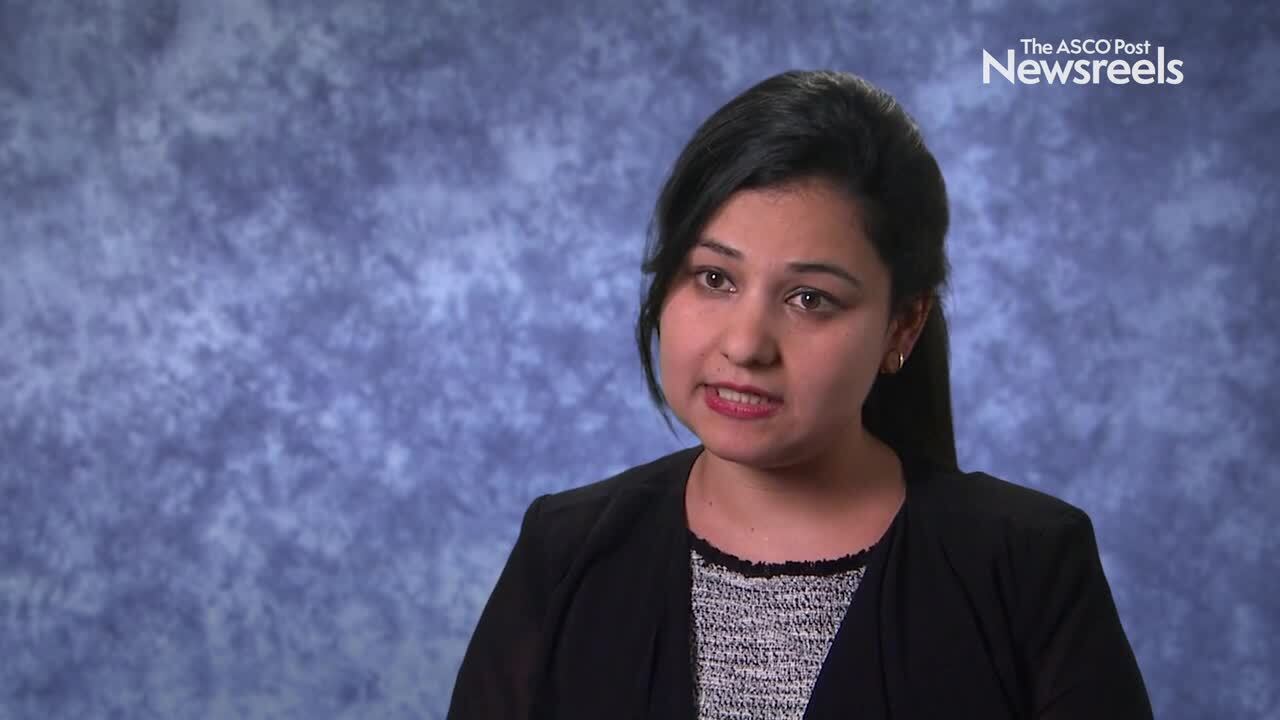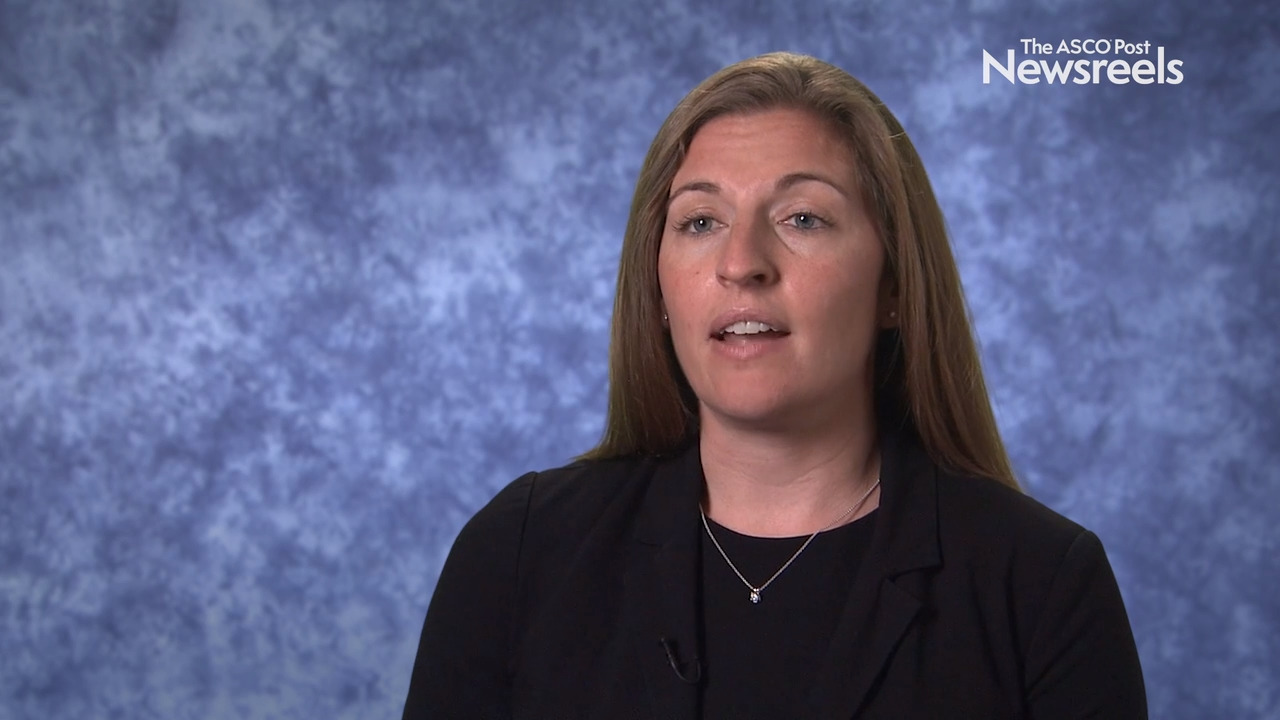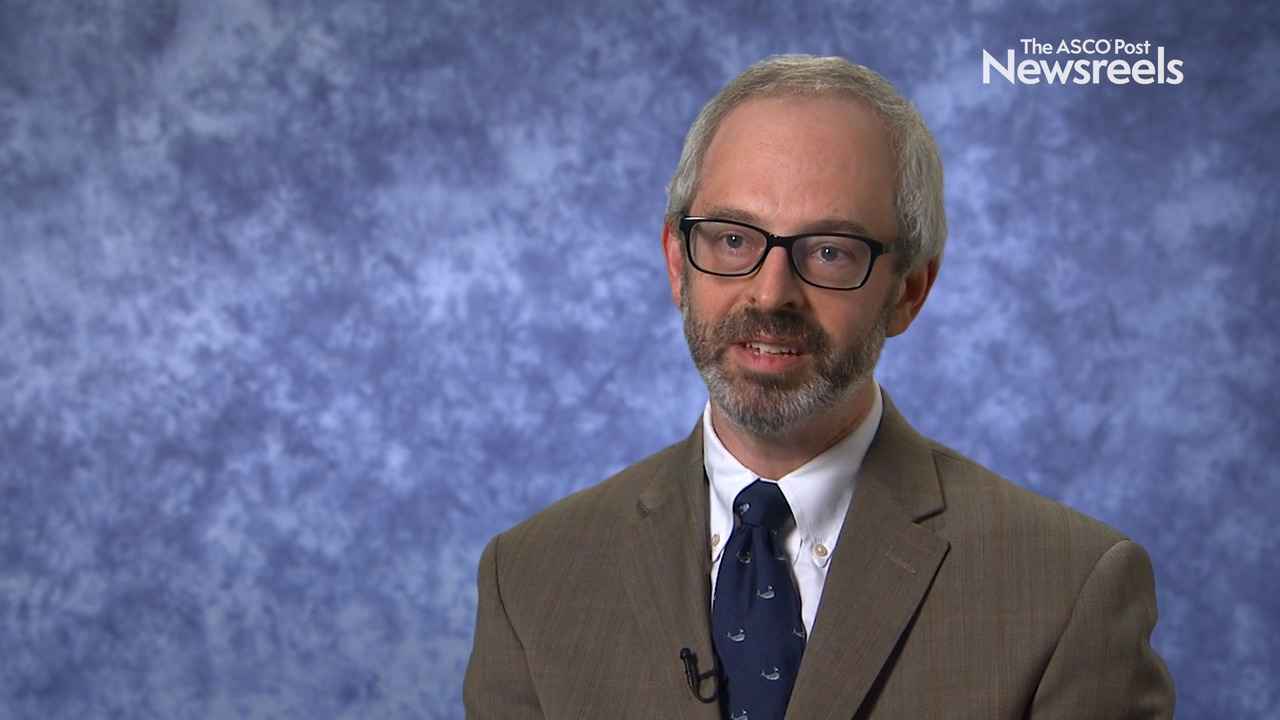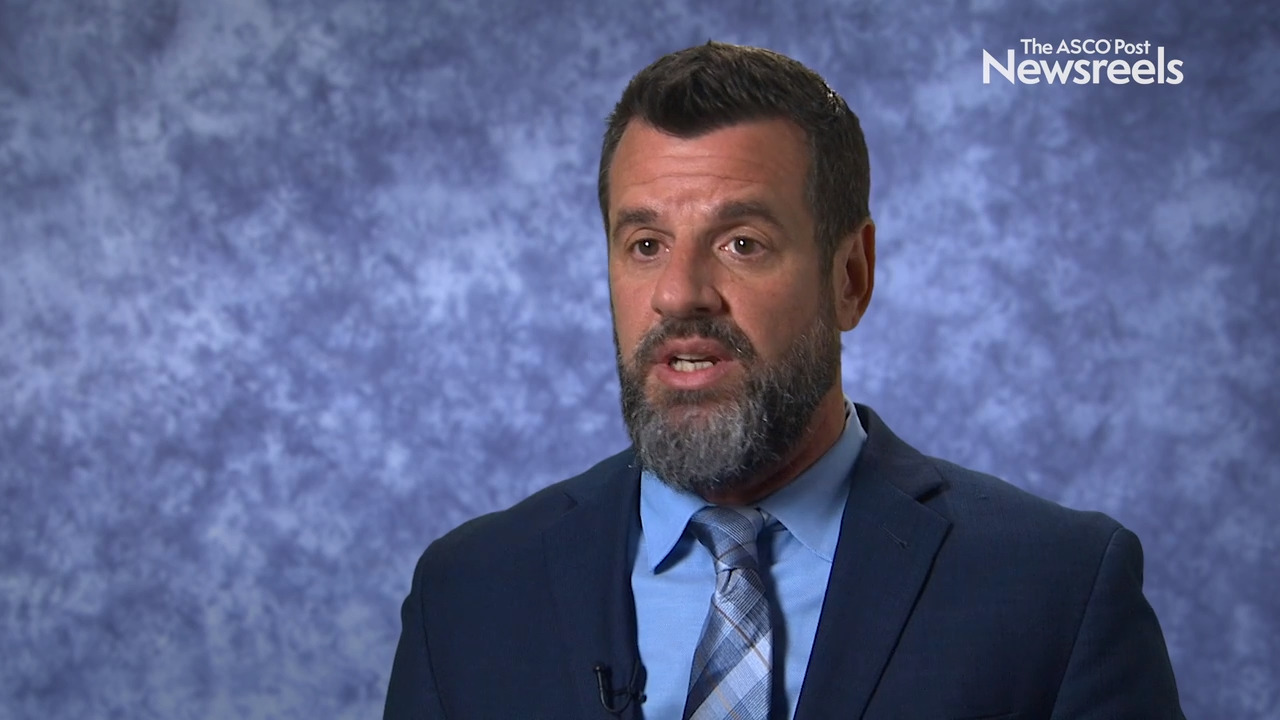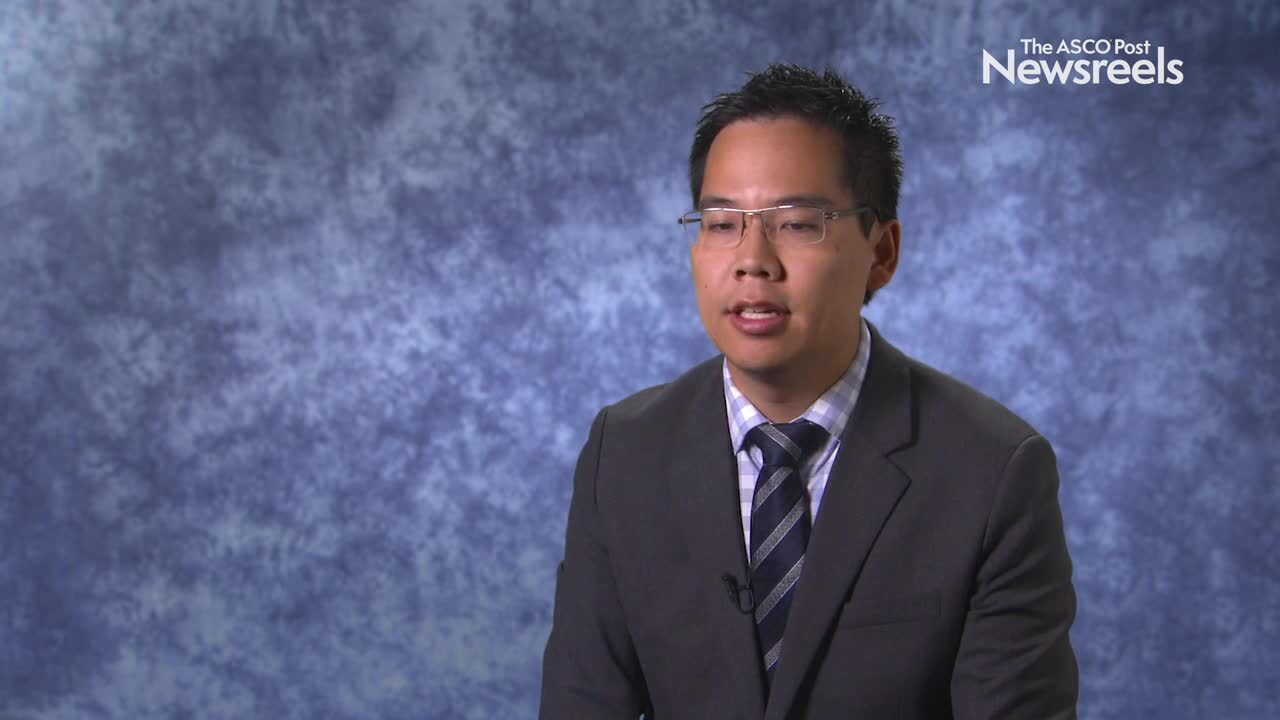Elena Martinez, PhD, MPH, on Diversity in Precision Oncology
2019 Quality Care Symposium
Elena Martinez, PhD, MPH, of Moores Cancer Center at the University of California, San Diego, discusses the challenges of ensuring diversity in precision oncology and potential solutions to address the challenges.
Mallika Sharma, MPH, of Seattle Cancer Care Alliance, discusses her findings that, by doing away with the many prior authorization denials based on administrative errors, providers may offer higher-value care by eliminating unnecessary anxiety among patients, administrative burdens, and increased costs (Abstract 9).
Lauren M. Hamel, PhD, of Wayne State University/Karmanos Cancer Institute, discusses her findings on the ways in which nonverbal behavior between doctors and patients of the same or different races can affect their relationship, quality of communication, and ultimately, perhaps outcomes as well (Abstract 169).
Cary P. Gross, MD, of Yale School of Medicine, discusses the challenges of implementing pathways and guiding patient decision-making on treatment.
Matthew B. Schabath, PhD, of H. Lee Moffitt Cancer Center and Research Institute, discusses the disparities in cancer care among members of the LGBTQ community and the need to collect more data in order to close that gap.
Michael Kenneth Keng, MD, of the University of Virginia, gives a status update on this international program, and discusses future initiatives which include coaching mentorship and publishing articles on quality care (Abstract 7).
